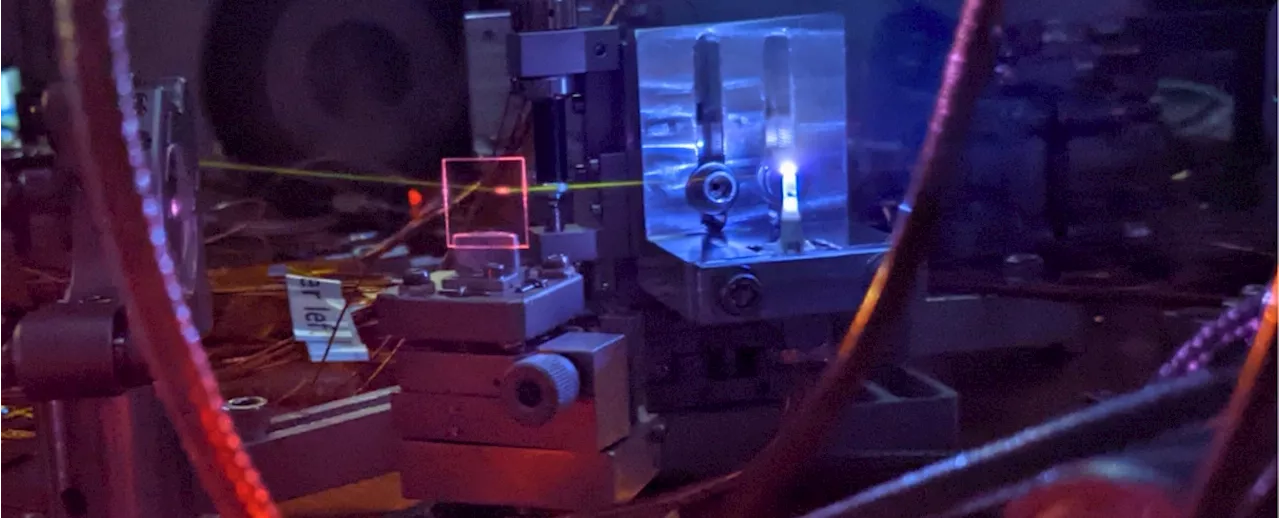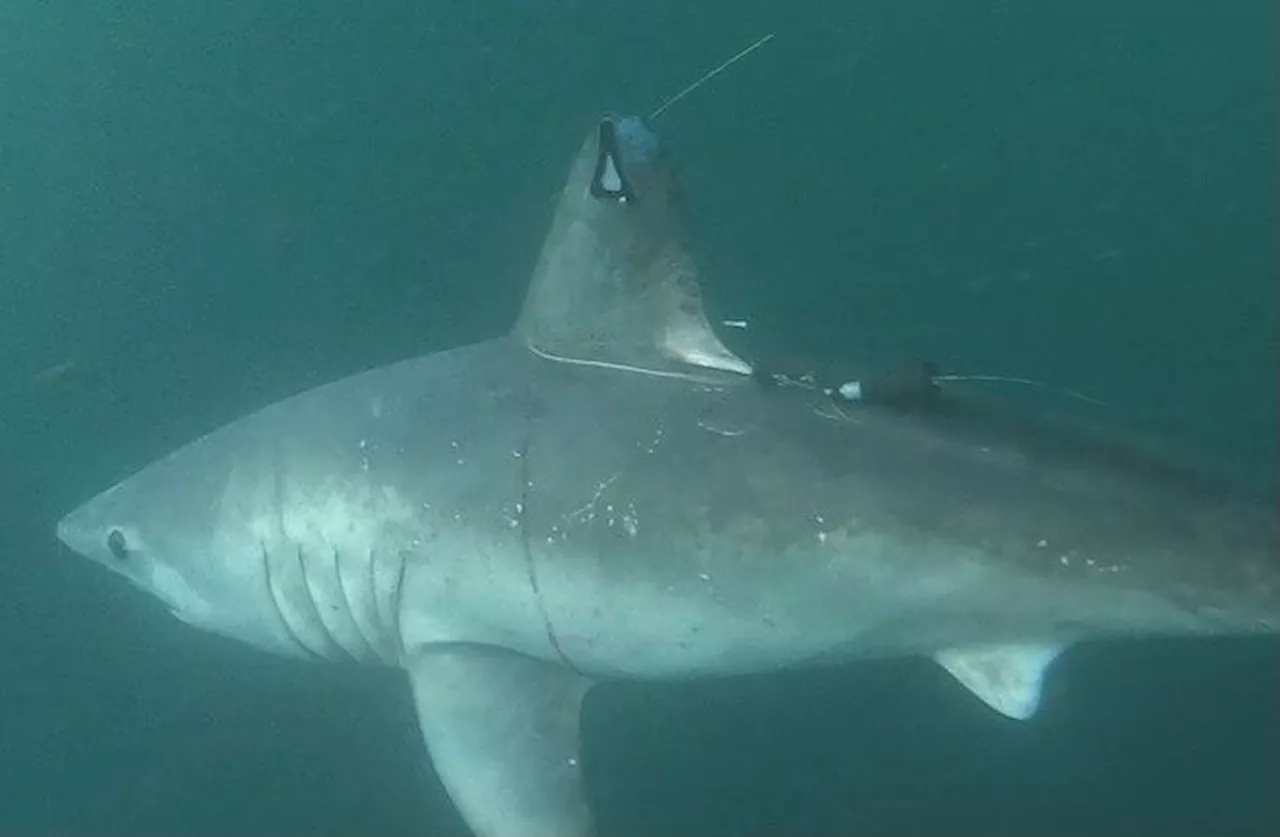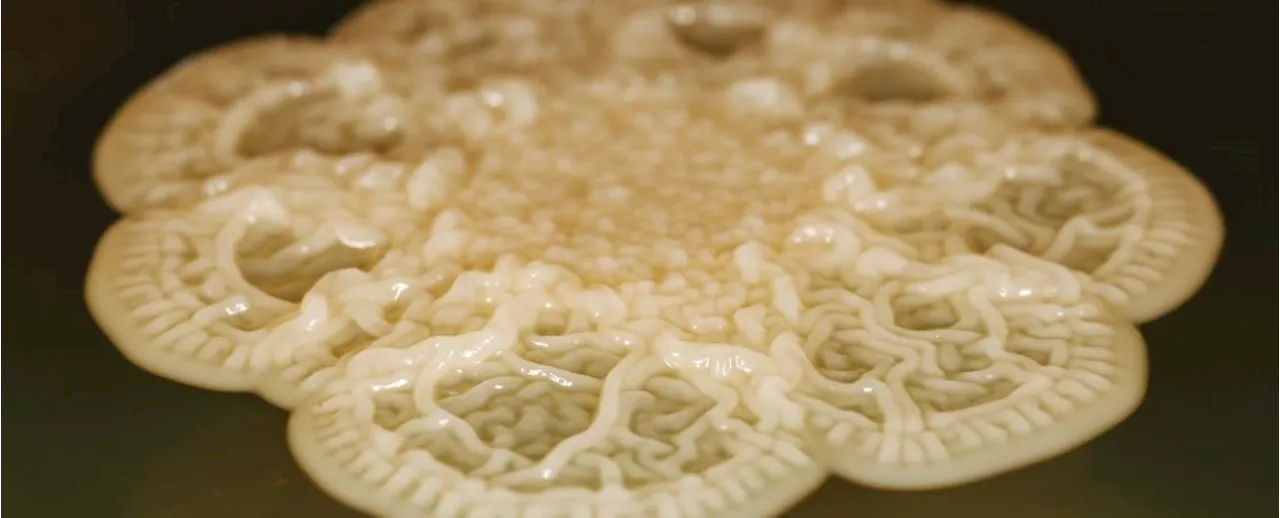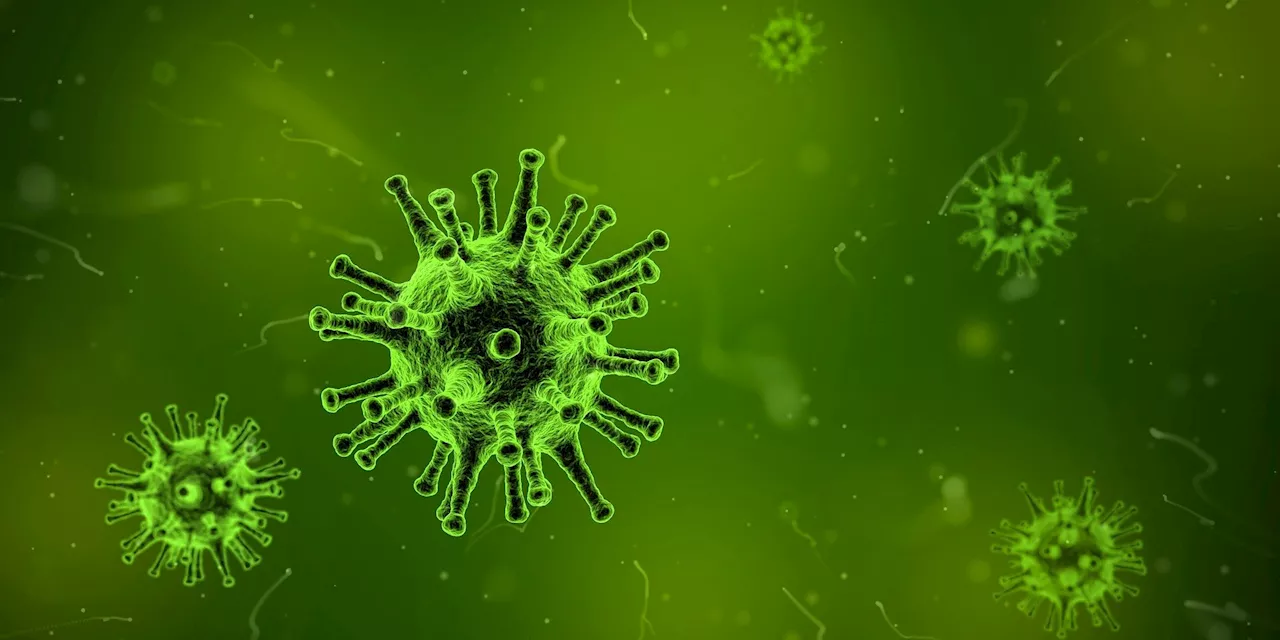Scientists are pioneering the use of machine-learning artificial intelligence software to investigate viruses, revealing never-before-seen viral mechanisms which yield immediate fundamental insights and pave the way for vaccine development.
Scientists use AI to unlock protein structures of hundreds of viruses for the first time retrieved 4 September 2024 from https://phys.org/news/2024-09-scientists-ai-protein-hundreds-viruses.html
This document is subject to copyright. Apart from any fair dealing for the purpose of private study or research, no part may be reproduced without the written permission. The content is provided for information purposes only. How do viruses get into cells? Their infection tactics determine whether they can jump species or set off a pandemicHow do viruses get into cells? Their infection tactics determine whether they can jump species or set off a pandemicUse this form if you have come across a typo, inaccuracy or would like to send an edit request for the content on this page. For general inquiries, please use ourThank you for taking time to provide your feedback to the editors.
Your feedback is important to us. However, we do not guarantee individual replies due to the high volume of messages.to let the recipient know who sent the email. Neither your address nor the recipient's address will be used for any other purpose. The information you enter will appear in your e-mail message and is not retained by Phys.org in any form.Get weekly and/or daily updates delivered to your inbox.
Physics News Science News Technology News Physics Materials Nanotech Technology Science
United States Latest News, United States Headlines
Similar News:You can also read news stories similar to this one that we have collected from other news sources.
 Breakthrough: Scientists Create World's First Nuclear Clock PrototypeThe Best in Science News and Amazing Breakthroughs
Breakthrough: Scientists Create World's First Nuclear Clock PrototypeThe Best in Science News and Amazing Breakthroughs
Read more »
 Scientists Uncover Evidence of a Larger Shark Dining on a Smaller SharkTracking tags on porbeagle sharks provide the first ever evidence of a bigger shark consuming that species.
Scientists Uncover Evidence of a Larger Shark Dining on a Smaller SharkTracking tags on porbeagle sharks provide the first ever evidence of a bigger shark consuming that species.
Read more »
 Scientists use magnetic nanotech to safely rewarm frozen tissues for transplantEvery day, people die waiting for an organ transplant. Time is at a premium, not just for those awaiting organs, but also for the organs themselves, which can deteriorate rapidly during transportation.
Scientists use magnetic nanotech to safely rewarm frozen tissues for transplantEvery day, people die waiting for an organ transplant. Time is at a premium, not just for those awaiting organs, but also for the organs themselves, which can deteriorate rapidly during transportation.
Read more »
 Scientists present Europe's new greenhouse gas budgetThe goals outlined in the Paris Agreement on climate include limiting climate warming to below 2°C and reaching a global peak of greenhouse gas emissions as soon as possible. To meet these targets, scientists need comprehensive accounting of the greenhouse gases entering and leaving the atmosphere over different landscapes.
Scientists present Europe's new greenhouse gas budgetThe goals outlined in the Paris Agreement on climate include limiting climate warming to below 2°C and reaching a global peak of greenhouse gas emissions as soon as possible. To meet these targets, scientists need comprehensive accounting of the greenhouse gases entering and leaving the atmosphere over different landscapes.
Read more »
 Bacteria in Your Mouth Reproduce in a Strange, Rare Way, Scientists DiscoverThe Best in Science News and Amazing Breakthroughs
Bacteria in Your Mouth Reproduce in a Strange, Rare Way, Scientists DiscoverThe Best in Science News and Amazing Breakthroughs
Read more »
 Scientists identify potential new immune system target to head off the spread of breast cancer cellsIn a study using human breast cancer cells, scientists say they have potentially identified immune system white blood cells that appear to be the closest neighbors of breast cancer cells that are likely to spread.
Scientists identify potential new immune system target to head off the spread of breast cancer cellsIn a study using human breast cancer cells, scientists say they have potentially identified immune system white blood cells that appear to be the closest neighbors of breast cancer cells that are likely to spread.
Read more »
